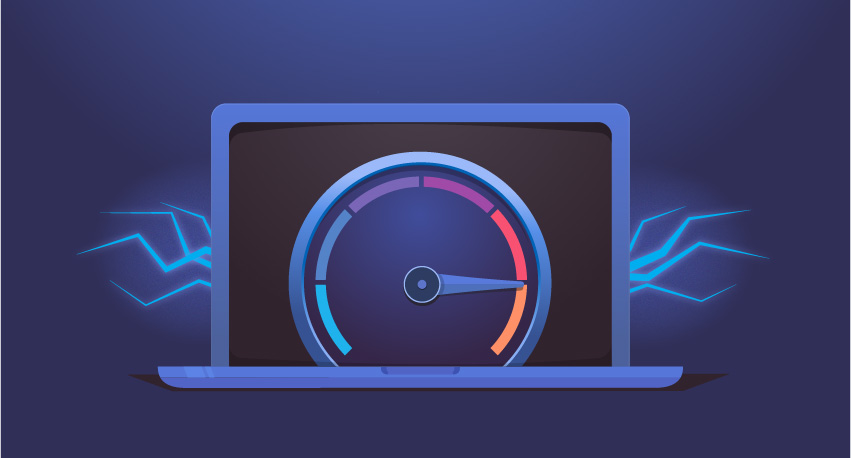What Are the Fees on My Internet Bill? (And Are They Legitimate Government Fees?)
Jul 23, 2015 | Share
FAQ
Once you know what the regular charges on your Internet bill should be, you will be able to discern if something looks questionable and take the right steps to dispute charges or fees. Here’s a look at what a typical internet bill should include.
Understanding your bill
- Internet fee per month: Your bill should clearly identify the current month’s charges. There should be a standard monthly fee that doesn’t change. The only time the monthly charges should change is if you are starting or stopping service and are only charged for a partial month. Most bills display a summary of the total monthly charge and a detailed listing of the products and services you are being charged for.
- Internet bill payment: The last payment you made will be reflected on your bill. It should indicate the date of your payment and the amount you paid. If your last bill wasn’t paid in full, there will also be a past due amount listed.
- Additional fees and charges: Most bills will also have a section for new or additional charges and fees. These fees usually indicate changes to service, or one-time fees that are charged for items like on-demand services. Other fees that can be added include credits, installation fees, service fees, and late fees.
- Taxes and surcharges: These are fees that vary depending on services, products, and location. These include state and local taxes, FCC fees, and franchise fees. These fees should also remain fairly consistent from month to month. If you have questions about the legitimacy of these fees, contact your Internet service provider (ISP) or your state organization that oversees utilities and cable companies.
What if I need to adjust my bill?
If you’ve carefully reviewed your bill and some of the charges don’t make sense, the first thing to do is contact your ISP. Most ISPs offer both online and phone options to resolve billing questions. The number or website should be easy to find, and is usually located at the top of your bill.
When speaking to customer service representatives, remain calm, clearly identify the charges you are disputing, and explain why you think the charge is a mistake. Always write down the name of the person you spoke with, as well as the date and time of the call. Ask if there is a case number and, if there is, write that down as well.
Most problems will be resolved at this point, however, there are additional avenues if you aren’t satisfied after speaking with your ISP representatives. Local and national organizations that support and regulate ISPs are a good place to start. Their representatives can help explain things that still seem confusing and act as an advocate for you with your ISP.
The best way to make sure you’re not getting charged more than you should is to take the time to understand the different charges and fees on your Internet bill. Once you know what should be on your bill, you can decide if a charge should be disputed.
Shopping around for new internet?
Enter your zip code below to see which providers are available in your area.
Author - HSI Staff




